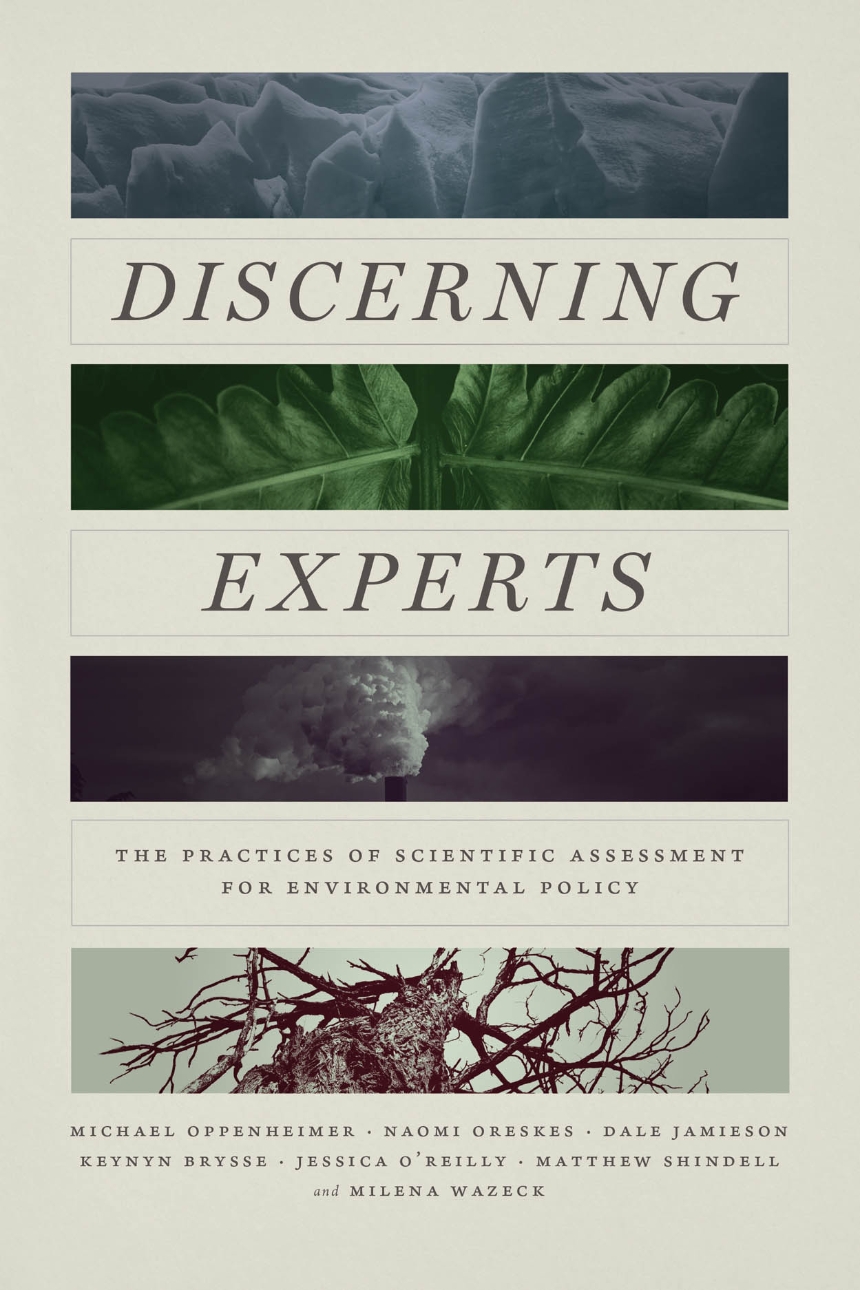Discerning Experts
The Practices of Scientific Assessment for Environmental Policy
9780226602011
9780226602158
Discerning Experts
The Practices of Scientific Assessment for Environmental Policy
Discerning Experts assesses the assessments that many governments rely on to help guide environmental policy and action. Through their close look at environmental assessments involving acid rain, ozone depletion, and sea level rise, the authors explore how experts deliberate and decide on the scientific facts about problems like climate change. They also seek to understand how the scientists involved make the judgments they do, how the organization and management of assessment activities affects those judgments, and how expertise is identified and constructed.
Discerning Experts uncovers factors that can generate systematic bias and error, and recommends how the process can be improved. As the first study of the internal workings of large environmental assessments, this book reveals their strengths and weaknesses, and explains what assessments can—and cannot—be expected to contribute to public policy and the common good.
Discerning Experts uncovers factors that can generate systematic bias and error, and recommends how the process can be improved. As the first study of the internal workings of large environmental assessments, this book reveals their strengths and weaknesses, and explains what assessments can—and cannot—be expected to contribute to public policy and the common good.
304 pages | 1 halftone, 8 line drawings, 11 tables | 6 x 9 | © 2019
Earth Sciences: Environment
History: Environmental History
Political Science: Public Policy
Reviews
Table of Contents
Preface
List of Abbreviations
1 The Need for Expert Judgment
2 Assessing Acid Rain in the United States: The National Acid Precipitation Assessment Program
3 Assessing Ozone Depletion
4 Assessing the Ice: Sea Level Rise Predictions for the West Antarctic Ice Sheet, 1981–2007
5 Patrolling the Science/Policy Border
6 What Assessments Do
Conclusion
List of Abbreviations
1 The Need for Expert Judgment
2 Assessing Acid Rain in the United States: The National Acid Precipitation Assessment Program
3 Assessing Ozone Depletion
4 Assessing the Ice: Sea Level Rise Predictions for the West Antarctic Ice Sheet, 1981–2007
5 Patrolling the Science/Policy Border
6 What Assessments Do
Conclusion
List of Interviews
Notes
Bibliography
Index
Notes
Bibliography
Index
